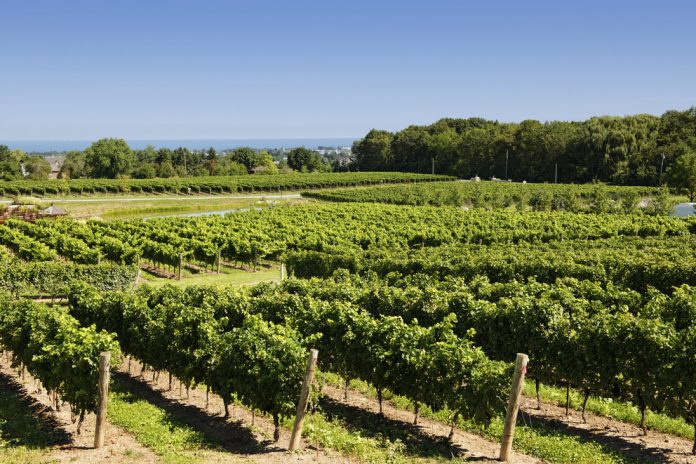The Agriculture Committee wants to speed up plans to prolong exceptional measures to help the wine sector deal with the effects of the pandemic and the latest US sanctions.
On Tuesday, MEPs on the Agriculture Committee asked the European Parliament to proactively approve the Commission’s draft delegated regulation that would allow the 2020 exceptional market measures for the wine sector to continue also in 2021. The call to prolong existing measures, originally intended to help EU winemakers cope with the effects of COVID-19, was approved in the committee by 40 votes in favour to five against, with no abstentions. These measures now also aim to help the sector deal with the latest US sanctions stemming from the Airbus/Boeing dispute.
The exceptional measures would continue to make EU co-funded wine national support programmes more flexible. They would allow for changes linked to promoting wine products, restructuring and converting vineyards, and investments made in processing, marketing and innovation. They would also introduce a derogation to the rule governing the green harvesting support and would permit the EU to co-finance costs linked to restructuring and converting vineyards or green harvesting, even if done only partially.
“We welcome the Commission’s decision to prolong the support measures so that this hard-hit sector continues to receive the necessary aid. For our part, we will do our utmost to ensure that the package is endorsed as soon as possible”, said Chair of the Agriculture Committee Norbert Lins (EPP, DE).
“Our farmers need legal certainty and flexibility to cope over this prolonged period of huge uncertainty; even the present means could easily turn out to be insufficient”, said standing rapporteur for the common market organisation-related issues Anne Sander (EPP, FR). “To secure millions of jobs in the European agri-food sector, the Commission must come up with a diplomatic solution to the current trade war with the US and with stronger and well-targeted support measures to compensate the worst-hit wine operators”, Ms Sander insisted. “We stand firmly by our farmers”, she concluded.
The recommendation issued by the Agriculture Committee will be scrutinised by the full House during the 8-11 February plenary session. The delegated act can enter into force early if it is endorsed by both the Parliament and the Council or once the two-month objection period expires on 27 March with no objection raised.
If proactively endorsed by both the Parliament and the Council, the delegated act would enter into force the day after its publication in the EU’s Official Journal. It would then apply retroactively, from 16 October 2020.
In June 2020, the Parliament endorsed a set of exceptional market measures to help EU wine, fruit and vegetable producers in the midst of the COVID-19 pandemic and called on the European Commission to come up with further aid. The EU’s executive adopted an additional package of exceptional measures for the wine sector in July.
Following two separate World Trade Organisation (WTO) rulings on Airbus and Boeing subsidies, both the USA and the EU were allowed to levy tariffs on each other’s exports. However, just before the end of 2020, the US government imposed additional tariffs on EU agri-food products, targeting mainly French and German non-sparkling wines and spirits. In response, the Agriculture Committee Chair called on the EU Commission to launch talks with the new US administration to call a truce in the Airbus/Boeing trade dispute.

